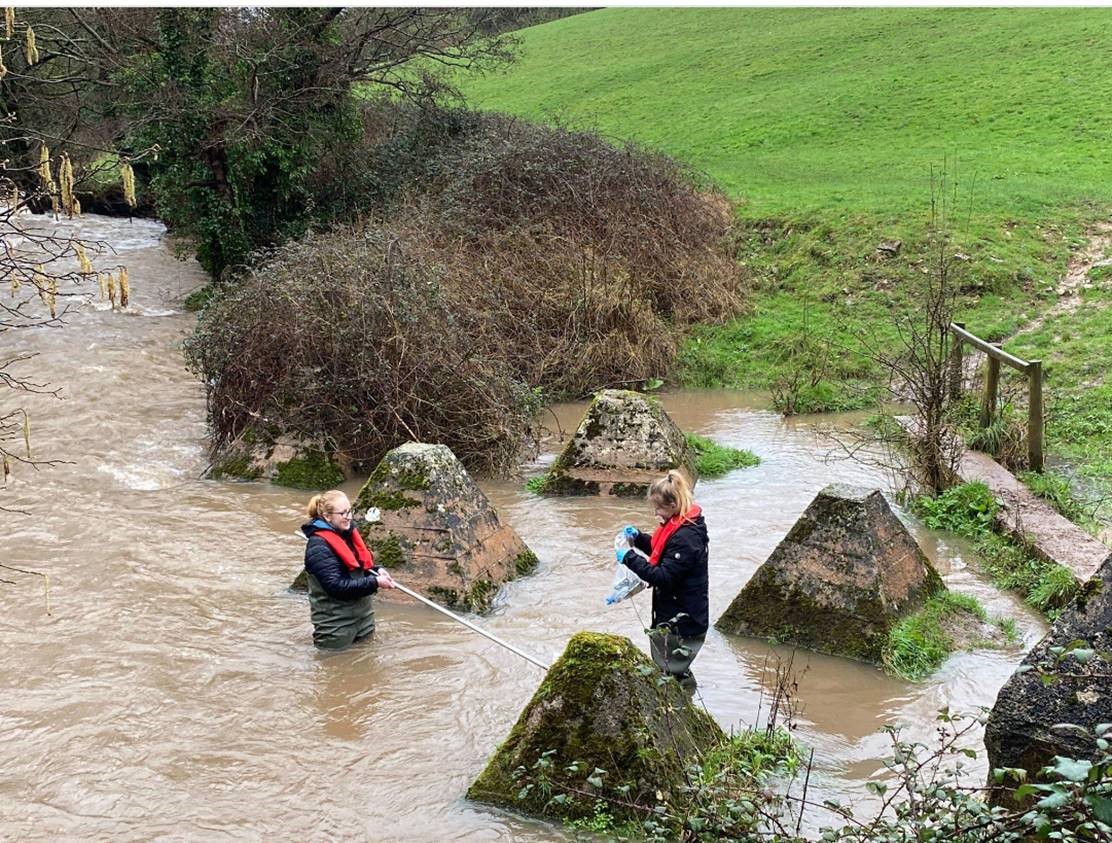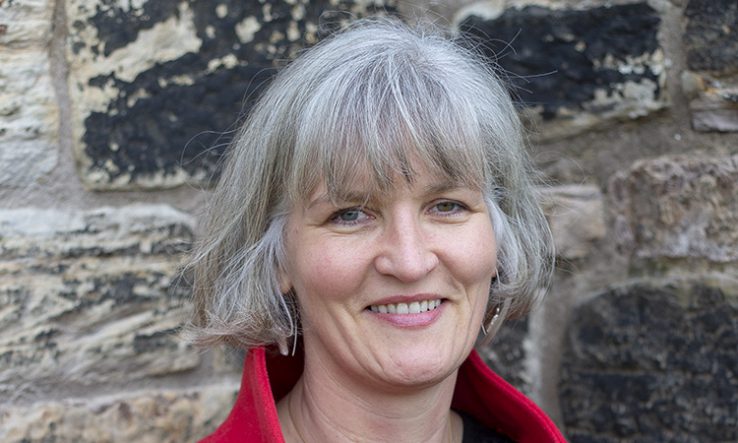My mother tells me I looked quite grumpy as a baby in my pram, but smiled every time she took me over a river. It’s perhaps no surprise I have spent time studying how much carbon comes off river systems, and I’m now overseeing the Natural Environment Research Council (NERC) programme of understanding changes in the quality of UK freshwaters.
Rivers connect our landscapes and the sea
When I say freshwaters, I am talking particularly about rivers. Rivers connect landscapes and they connect the terrestrial environment with the marine environment. We are looking at pollutants in one system that we could be transferring to another. The government recognises that there has been insufficient progress on improving water quality in rivers. We need to dig into this a bit more, using new research techniques and with an eye on how climate warming might complicate recovery.
Wastewater contains the byproducts of everything
Sewage spills into rivers catch people’s attention, but the pollutant burden is much more than this. Wastewater contains the byproducts of everything we use. There are run-offs from the roads and industrial activities that discharge into wastewater. Changes in the things we use in everyday life are affecting water quality. New chemicals are replacing old chemicals, and we do not yet fully understand the impact of this. At the same time, technology has moved on. We can measure things now that we weren’t able to in the past.
New techniques open new opportunities for research
I sometimes feel we are trying to answer the same questions that have been around for a long time. You could be forgiven for asking why we haven’t solved the problem. However, I think it is an important time now to invest in new research to investigate pollution in our rivers. We can take advantage of these new research techniques, and I feel we have good knowledge now to project the impact of climate warming.
Drier summers will lead to lower river flows and depletion of groundwater resources. We will also have periods of flooding and excess rainfall that we haven’t had in the past. It’s not just that the river has these chemicals and pollutants running into it, it’s that the flow conditions carrying this pollutant load are changing. Under drought and low flow, the impact of pollutants can be greater. In flood, pollutants are being dispersed on the landscape.

water sampling by the PACIFIC project team, looking at water coming into and out of waste water treatment works.
Projects are looking at river pollution
We’re supporting five exciting projects across the UK looking at these issues.
For example, one is using nine Yorkshire catchments, differing in pollutant loading, to understand the effects of chemicals mixtures on biodiversity.
Another is studying how bacteria are affected by chemical pollutants, sampling in the Thames and Bristol Avon catchments near sewage works.
A third is working across the UK to understand what happens in rivers receiving livestock waste, focusing on chemicals we don’t yet monitor for – but may need to.
A fourth is using new sensing techniques and artificial intelligence to understand longer term impacts of chemical exposure to river biology in the Almond catchment in Scotland, which has a complex history of pollution.
The final team has people at its heart, looking at how our choices might influence recovery or contamination of river systems.
We must make this research accessible
We’ve appointed two freshwater champions to lead our programme to understand changes in quality of UK freshwaters.
Part of what I hope they will do is make this research accessible. I want to challenge researchers to produce something that is transferrable, something that people can understand and act upon. It is easy to get bogged down in detail, but people need to have the knowledge in an easy form they can understand so they change what they are doing. This is why we are supporting this research.
I remember back a long time to the issue of acid rain. It was research that revealed the cause of river acidification was sulphur emissions becoming concentrated and getting into river systems. That understanding led to changes in the sorts of emissions we were allowing into the atmosphere. We’ve got history that shows this sort of research can lead to action for good, but we have to give that research space and time to do its work.
Knowledge is powerful
There are lots of people in environmental science who have dedicated their whole lives to understanding some element of the field. You have to have that belief because it’s important to develop this knowledge. We sometimes underestimate the value in creating that knowledge.
I want to connect this knowledge with the people who will find it very useful in the future. I am particularly pleased that the research we are supporting has stakeholders, such as the water companies, involved in it. We’ve got a lot of early career researchers working on the programmes we fund. Likely half of them will continue in research and others will move their skills and knowledge to industry or regulation.
I believe that what we’re doing now will create a network of people with the knowledge and tools to take better decisions on regulation and, for example, on how they use different materials or apply them to the landscape. Our freshwaters will be much cleaner for it.


